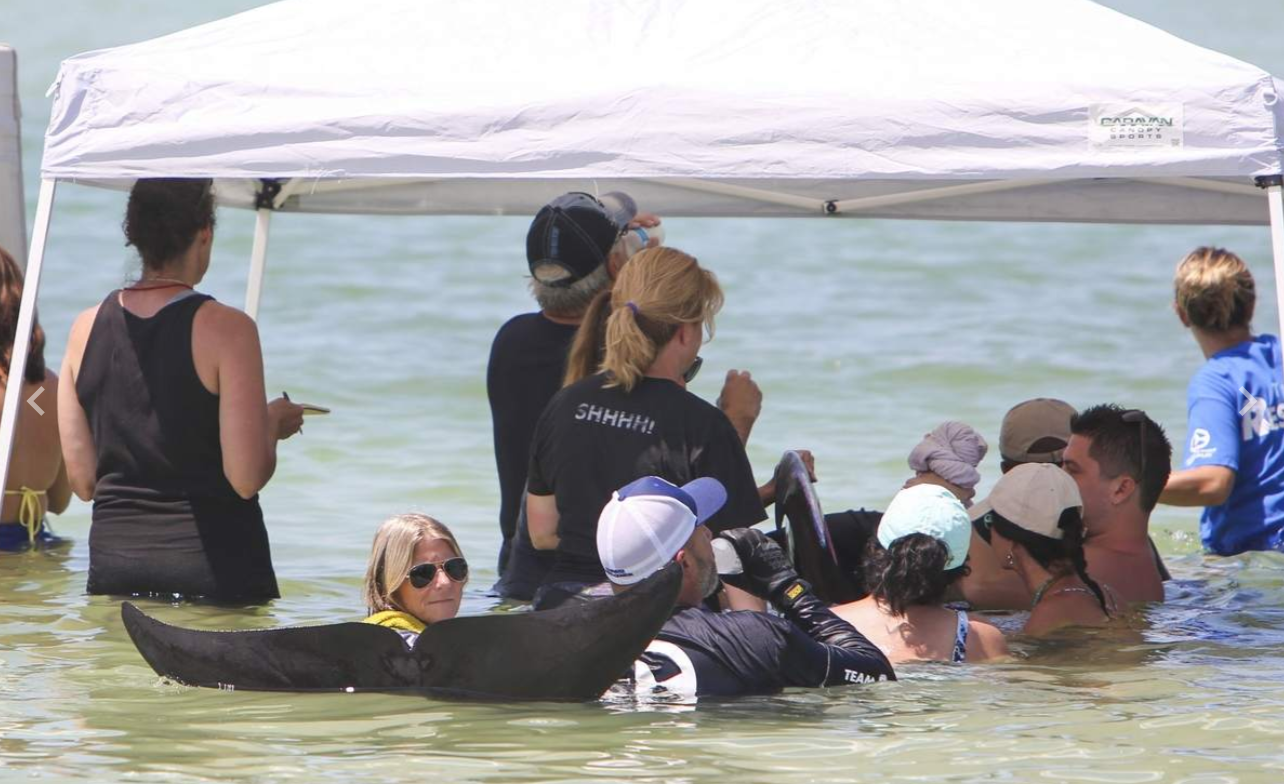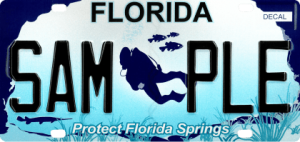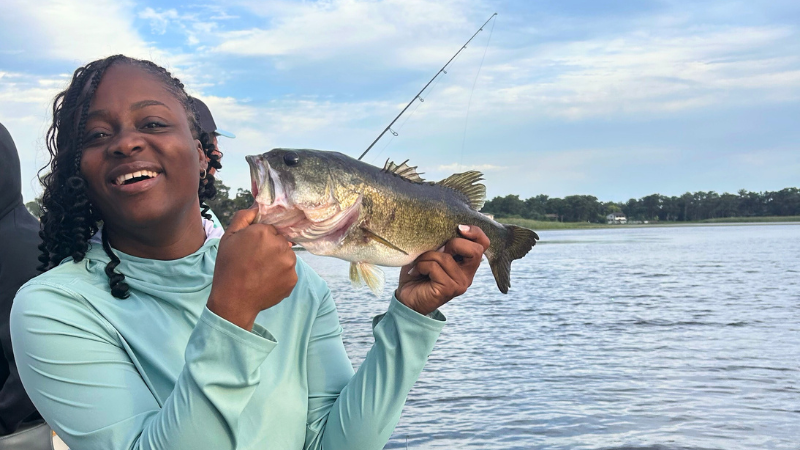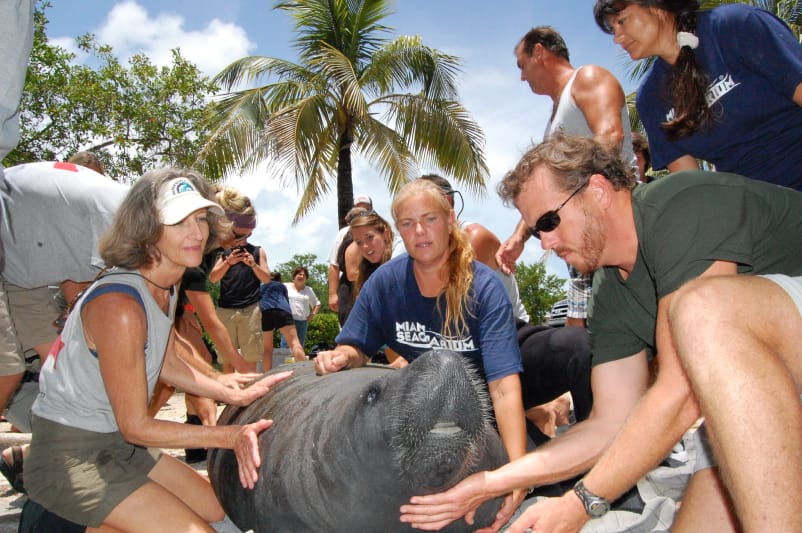
By: Kyle Grammatica
Thanks to the hard work of professionals and volunteers, all the pilot whales from the July mass stranding on Redington Beach, Florida were saved. When these mass strandings occur, we wonder why. While whale beachings are still not fully understood, there is research that helps us understand some of the causes.
Why do whales beach themselves?
Cetacean stranding, more commonly referred to as beaching, refers to the phenomenon of dolphins and whales stranding themselves on beaches. There are around 2,000 strandings each year worldwide, with most resulting in the death of the animal. Beachings are rare enough that they are not a significant threat to any species. The beaching of a single, live animal is usually the result of sickness or injury. Bad weather, old age, navigation errors, and hunting too close to shore also contribute to beachings.
Some whale and dolphin species are more prone to mass beachings. Toothed whales (Odontoceti) are the most commonly affected. Toothed whales include dolphins, porpoises, and all whales with teeth. It is more common for these cetaceans to live in large groups with intricate social systems. If one member of the group is sick or in trouble, its distress calls can cause the other members to follow it to the beach, resulting in a mass stranding.
Orcas sometimes intentionally beach themselves to hunt for shoreline seals. They then wait for waves to help get back to sea. This practice is most commonly observed in pods around Argentina; it is believed that the habit is taught to younger orcas by the older members of the pod. Orcas very rarely become beached unintentionally.
The effects of sonar and other loud underwater noise
Some scientists believe sonar signals and other man-made loud underwater noises may contribute to beaching events. Low and mid-frequency active sonar is used by militaries to detect submarines, and for other acoustic exercises. These frequencies do not affect all species but can be deadly for some. Low sonar can cause hemorrhaging in animals exposed to the sonar, and others will beach themselves to escape the sound. Mid-frequency sonar most affects Cuvier’s beaked whales, causing decompression sickness, leading to tissue damage from gas bubble lesions. This sickness could happen because the sonar causes the whales to panic and surface too quickly to escape. Mass beachings of beaked whales almost exclusively occur alongside sonar testing.
If you love Florida’s marine mammals donate here. Your money will go to protect these incredible species and fund research to better understand them and their behaviors.












